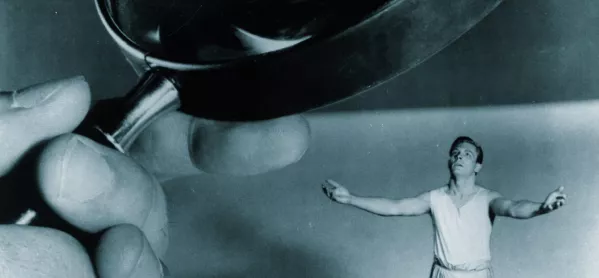How to handle your first observations
Share
How to handle your first observations
No amount of last-minute research on pedagogy, literacy and numeracy can prepare you for your first observed lessons as a new teacher. It takes experience and a level head to get through the lesson with a smile on your face. From handling the pressure to knowing when to make your case, an observation can be overwhelming and there are many common pitfalls to avoid.
Writing in the 25 May issue of Tes, experienced teacher Omar Akbar offers some tips for those nervous new teachers facing their first observations.
1. Play the right notes
Your school should have a clear teaching and learning policy, which details what the leadership team wants to see in lessons. Ensuring that you stick to it at this stage of your career is essential. You may disagree with this, but an observation is not the time to make your point.
2. Ask for help
Hopefully, as a young teacher, you will be getting regular support already but, when you are about to be observed, it is worth asking for a little more guidance. Run your lesson plans by a colleague; read through an explanation you are going to give and ask for feedback.
3. Don’t do anything ‘special’
If you have never done something before in a lesson, do not wait for your observation to try it out. It is common for observers to ask pupils about the lesson and whether or not it is radically different from others. If you’re faking it, you will get caught and you run the risk of making mistakes.
4. Know your observer
The person observing you should not matter, but, invariably, it does. If the person observing you is a mentor who has suggested you tweak certain aspects of your teaching, you should ensure you demonstrate that you’ve followed that advice (or have a good reason not to). It’s not about changing who you are as a teacher, but it is about being aware of who is watching.
5. Argue your case properly
The success of a lesson and the resulting feedback can be a subjective affair. It is inevitable that, at some stage in your career, you will be given feedback with which you disagree. If you want to bring this up, refer to the criteria that you believe they are misinterpreting. Be calm but assertive, and never make a point unless you can back it up with evidence from what happened in your lesson.
To read this article in full, pick up a copy of the 25 May issue of Tes from your local newsagent or subscribe to read online.




